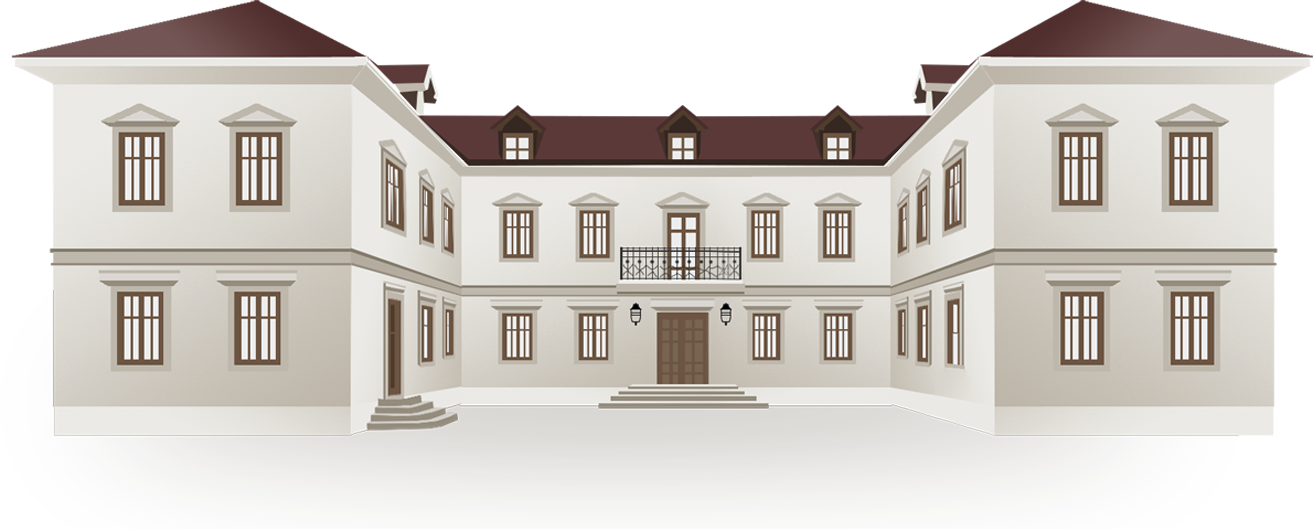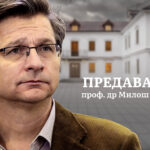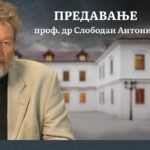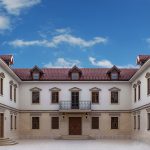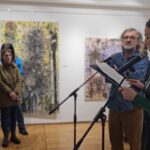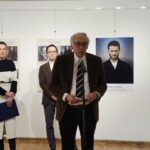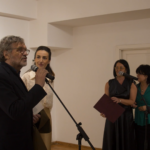Љетња школа Академије „Андрић“ окупила 50 студената књижевностиSummer School Academy “Andrić” gathered 50 students of literature
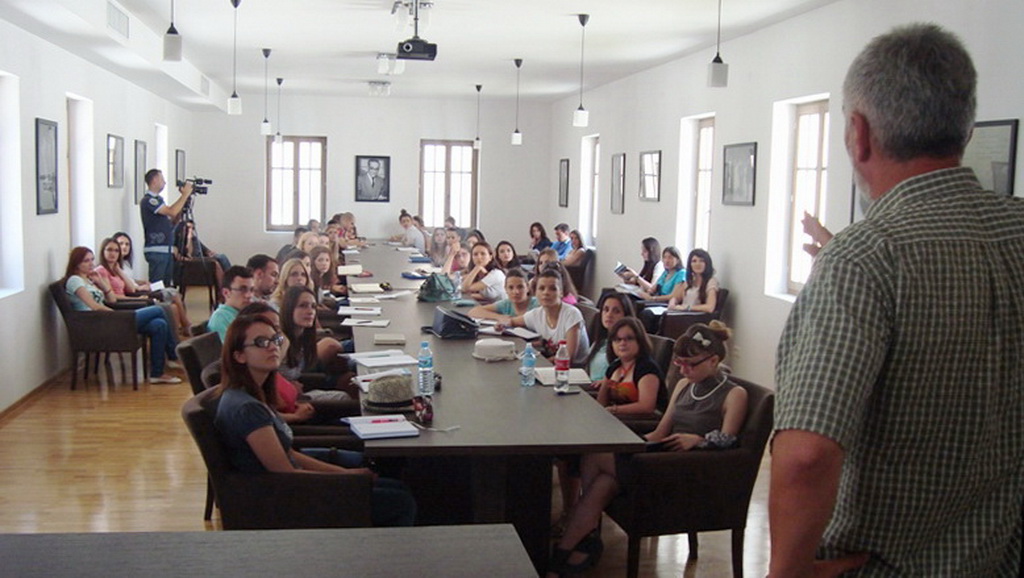
У организацији Одјељења за књижевност Андрићевог института у Андрићграду, 29. јула 2014. године почела је Љетња школа Академије „Андрић“ у којој учествује 50 студената са филолошких и филозофских факултета из РС-е и Србије и Универзитета Фрибоург из Швајцарске.
Првог дана предавање је одржао професор Миливој Ненин са филозофског факултета у Новом Саду на тему „Сретен Марић и Први свјетски рат“.
Говорећи о судбини једног од највећих српских интелектуалаца, књижевника, историчара и његових дјела, професор Ненин је дао акценат на то како је Први свјетски рат обликовао Сретена Марића.
Он каже да је Марић величао 27. март 1941. године, када се народ дигао по оној Његошевој „Нека буде што бити не може!“. „Међутим у старости он сање језиве призоре из Првог свјетског рата и њемачка бомбардовања избјегличких колона, када је као дјечак од 12 година прешао Албанску голготу. Почиње да страхује за судбину свог народа при помисли да би могао нестати и тада потпуно другачије размишља о 27. марту и пати што његов народ није избјегао ту катастрофу која га је задесила и у Другом свјетском рату“, појаснио је Ненин у свом предавању о животу и дјелима Сретена Марића.
Ненин истиче да је Марић за себе највише волио да каже да је српски сељак, али он је био прије свега био књижевник, есејист, филозоф, историчар а од 1962. године професор свјетске књижевности на Универзитету у Новом Саду.
На иницијативу српског режисера Емира Кустурице, студенти филошких и филозофских факултета из Београда, Новог Сада, Ниша, Крагујевца, Косовске Митровице, Пала, Бањалуке и Фриборг Универзитета из Швајцарске, имаће прилику да слушају предавања еминетних професора из Србије и Републике Српске на тему – Првог свјетског рата у трајању од пет дана.
Мира Андрић[:en]
Organized by the Department of Literature of the Andrić Institute in Andrićgrad today has began Summer School Academy „Andrić“ in which participates 50 students from philological and philosophical faculties of Republic of Srpska, Serbia and the University of Fribourg in Switzerland.
The first lecture on the topic „Sreten Marić and the First World War“ was held by a professor Milivoj Nenin from the Faculty of Philosophy in Novi Sad.
Speaking about the fate of one of the greatest Serbian intellectuals, writer, historian and his works, professor Nenin pointed out how the First World War shaped Sreten Marić.
He said that Marić extolled 27th March 1941, when the people rose up in a way similar to one Njegoš’s saying „Let it be what can not be“. „However, in reality he dreams gruesome scenes from the First World War and the German bombing of refugees, when as a boy of 12 years survived the Albanian Golgotha. He is starting to fear for the fate of his people, to think that his people could vanish and then he starts to completely differently thinks about the 27th of March and he griefs because his people did not escape the disaster that also befell them during the World War II,“ explained Nenin in his lecture on the life and works of Sreten Marić.
Nenin pointed out that Marić loved to say for himself that he is Serbian peasant, but he was primarily a writer, essayist, philosopher, historian, and since in 1962 he was a professor of world literature at the University of Novi Sad and one of the people who led department of foreign literature, but all the time he was thinking and writing Serbian literature.
He spoke French, English, German and Russian and he lived and worked in Serbia and France.
At the initiative of Serbian movie director, Emir Kusturica, students of philological and philosophical faculties from Belgrade, Novi Sad, Niš, Kragujevac, Kosovska Mitrovica, Pale, Banja Luka and the University of Fribourg in Switzerland, will have the opportunity to attend lectures of eminent professors from Serbia and Republic of Srpska on the subject – the First World War during following five days.
Mira Andrić



